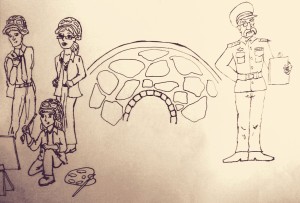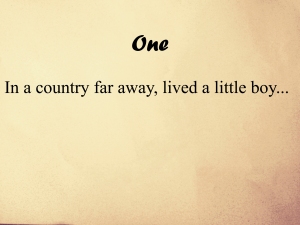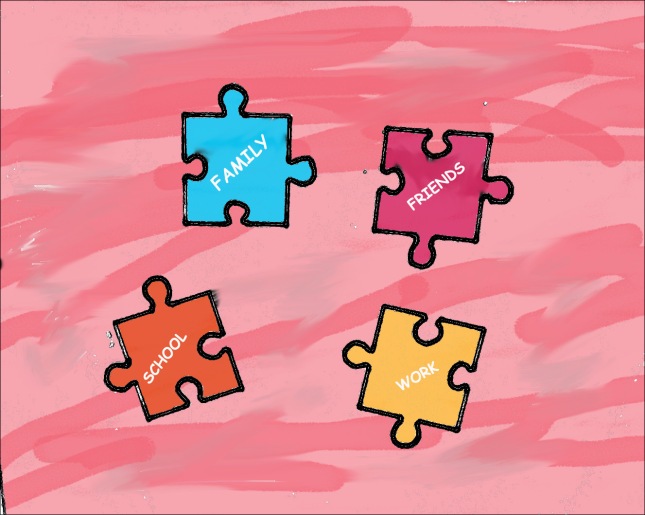It is called the generation gap. It is the ravine that seperates the older generation from the younger. The beautiful thing about ravines, is that they can be bridged. The generation gap can be bridged.
It’s simple. Both generations have critical roles in moving us to the great future we all desire. The older generation goes before. And the younger generation follows after. There certainly cannot be any following without some form of leading.
There certainly cannot be any following without some form of leading.
There is still an important place for guidance, mentorship and investment in this world of ‘fast tracks’ and ‘fast lanes.’ Easy access to a wealth of information can sometimes make us feel like we don’t need anyone to teach us. But I strongly believe that even now, there are things that can only be taught by the experience of those who have gone before.
Knowledge is the product of the assimilation of information. Understanding is the product of accurately processed knowledge. Experience is gained through the practical application of understanding over time. There is always something to learn from a person with experience. A person with experience can give direction to the knowledge gained by the inexperienced. A veteran will always have something to teach a recruit.
A veteran will always have something to teach a recruit.
Picture a person looking out to a road that leads to the future with no guide and no lead in sight. A road without signs is more difficult to walk on, because there’s no direction. Why do quite a number of young people feel left alone? Because in a number of situations, the guide ( one who has gone before) is too busy with his own achievements to be truly present in the life of the one who is going after.
To be fair, there are many excellent mentors, but there aren’t enough. We need more. Note that mentors can come in different forms. Their role covers different aspects of our lives; as a parent in a family, as a teacher in a school, as a CEO in a company, or simply as an older and more mature person in a young person’s life.
There are however, other potential mentors who seem to have some difficulty recognising their role. We have elders competing vigorously with their potential protégé, thereby stifling growth. This is why we have too many young people taking an abnormal length of time to move into the next phases of life.
This is not to ignore or disregard the part that young people have to play in the fight for the future.
Joseph in the Bible, was an example of a young person with all the odds against him. He is an example that shows that where there is no true supporter, a young person can with the support of God, bring himself or herself to the right future.
Still, there is need for people of the older generation to help introduce the younger into the future. Not just any future, but the right future. The older generation should never feel out of place in the lives of the younger generation. That parent, that older professor, that successful older business woman, that older pastor is around those young people at the right place and at the right time.
Esther (another young person in the Bible), was an example of the important role true mentorship, guidance, and investment from the older generation can play in the life of a young person. She was raised up into a proper young lady by Mordecai, who was the man who adopted her. When she was away from home, and found herself in the palace, Hegai (who was the man in charge of the harem), took special notice of her and began to guide her, and give her advice. He not only guided her, but he used the resources at his disposal to invest in her. He gave her a better place to stay, and gave her more people to assist her. He taught her what to do to stand out.
Hegai could have been too busy for her. He could have been chasing the other superficial activities of the palace, and pretending not to notice her. But he did notice her, and he did not ignore it. The result was that Esther become instrumental in saving the lives of a whole nation of people.
Before criticising the delinquency of the young person or the irresponsibility of the millennial, please pause to think about this generation gap. The older generation should give the younger generation something to work with, something to build on. We cannot afford a gap right now. We need to bridge it.
The younger generation should also be ready to learn, and do better, and go further than those who have gone before. This is much easier to achieve when our elders leave an inheritance to work with. Who will step up to this selfless responsibility?







